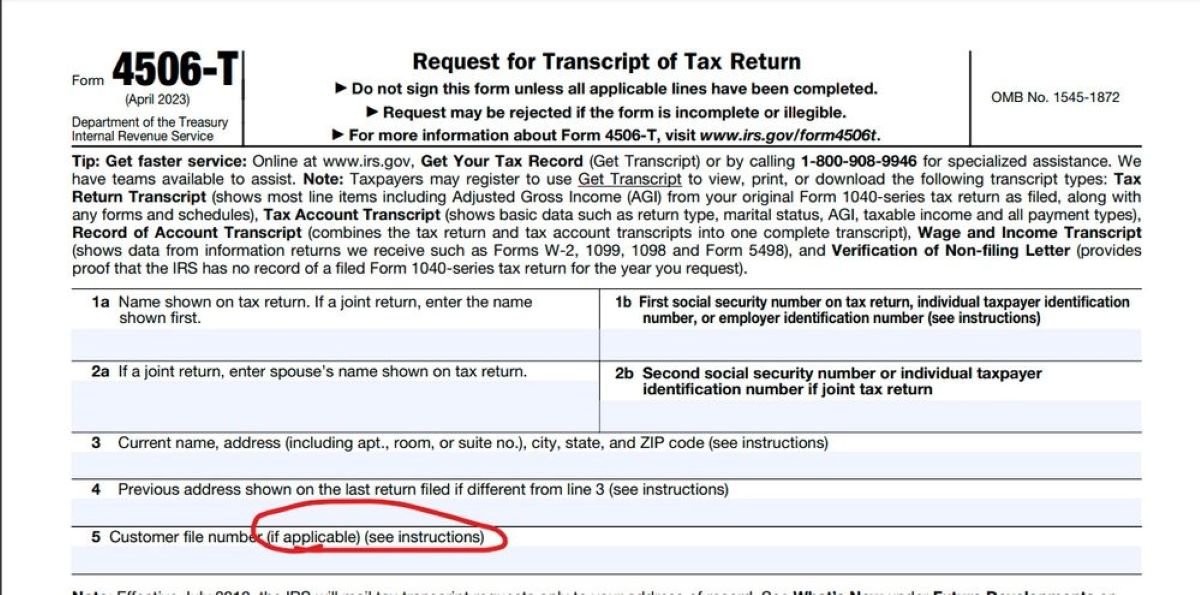

Finance
After-Acquired Clause Definition
Published: October 3, 2023
Learn the meaning of the after-acquired clause in finance. Find out how this clause can impact financial agreements and transactions.
(Many of the links in this article redirect to a specific reviewed product. Your purchase of these products through affiliate links helps to generate commission for LiveWell, at no extra cost. Learn more)
Understanding the After-Acquired Clause in Finance
Welcome to another insightful blog post in the Finance category! Today, we are going to explore the concept of the After-Acquired Clause in finance and understand how it impacts financial agreements and transactions. But first, let’s address a burning question: What exactly is an After-Acquired Clause?
An After-Acquired Clause is a legal provision that is often included in financial contracts, loan agreements, or security agreements. It typically states that any assets or property acquired by the borrower or debtor after the agreement is signed will also be included as collateral or security for the loan or debt. In simpler terms, it means that any new assets obtained by the borrower will automatically become part of the agreement.
Key Takeaways:
- An After-Acquired Clause is a legal provision in financial agreements that includes any assets acquired after the agreement is signed as collateral or security.
- The clause helps protect the lender’s interests by ensuring they have a claim on any new assets acquired by the borrower.
Now that we have a basic understanding of the After-Acquired Clause, let’s dive deeper into its practical implications and why it is an important consideration in financial agreements.
1. Protecting Lender’s Interests: The inclusion of an After-Acquired Clause in financial agreements is primarily aimed at protecting the lender’s interests. By including this clause, the lender ensures that they have a claim on any new assets the borrower acquires during the loan period. This adds an extra layer of security, as the lender can leverage these additional assets in case of default or non-payment.
2. Expanding Collateral Base: With an After-Acquired Clause, lenders can expand their collateral base beyond the assets that exist at the time of the agreement. This provision allows the lender to safeguard their position and mitigate the risk associated with the borrower’s financial stability. It provides them with a potential source of repayment, should the borrower default on their obligations.
It is worth noting that the inclusion of an After-Acquired Clause may impact the borrower’s ability to use their newly acquired assets. As these assets become part of the collateral pool, the borrower may need to seek permission from the lender to sell, lease, or use them in any way that may impact the lender’s security interest.
In conclusion, the After-Acquired Clause plays a crucial role in financial agreements, protecting lenders and expanding collateral bases. As a borrower or lender, understanding its implications and seeking legal advice is essential to navigate the complexities of finance effectively. If you have any questions or need assistance regarding this or any other finance-related matter, feel free to reach out to us!














